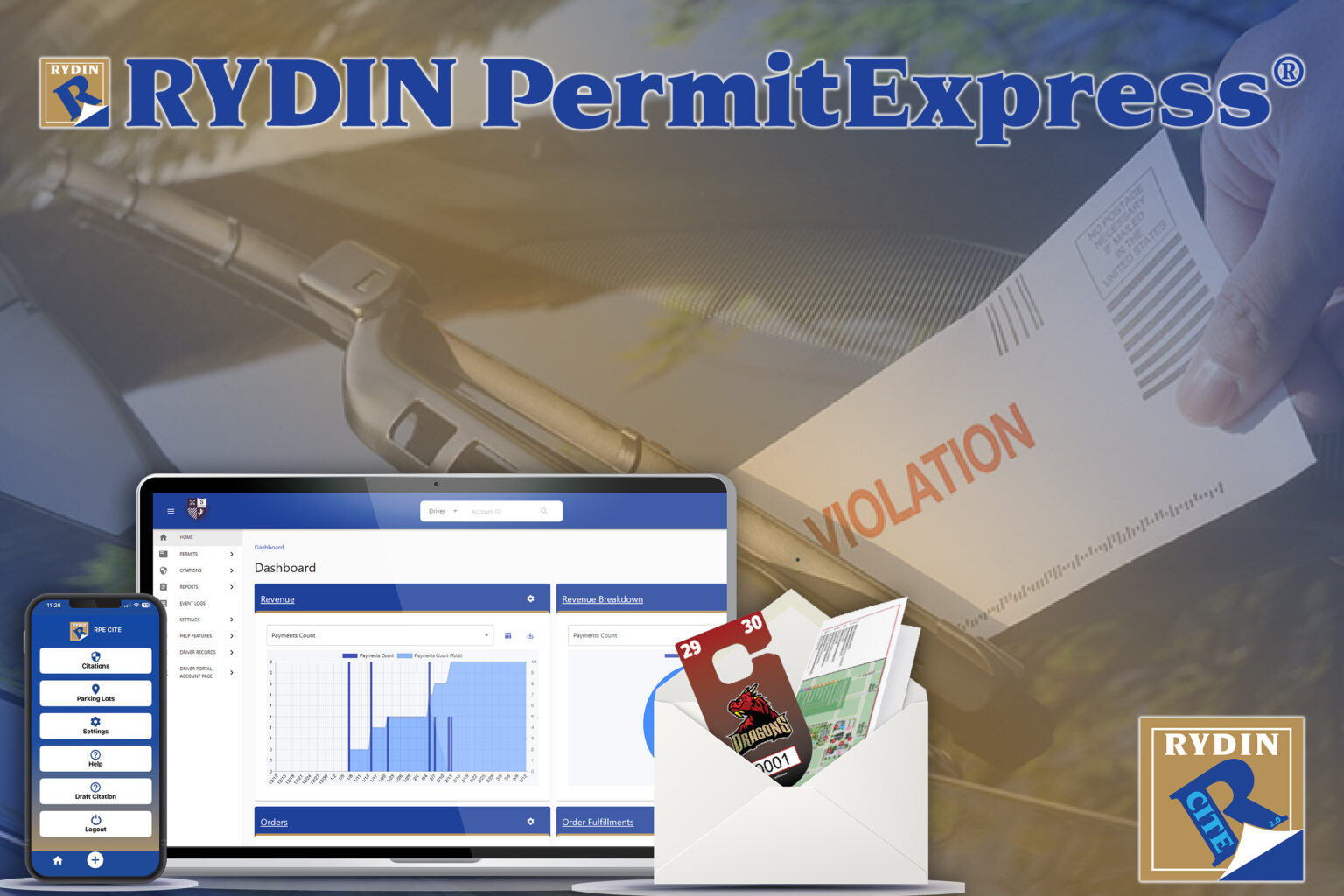Parking on college and university campuses is more than just a logistical necessity—it’s a critical part of the overall campus experience. For many students, faculty, and visitors, parking is the first interaction they have with an institution. When it’s smooth and intuitive, it sets a positive tone. When it’s confusing or frustrating, it can color perceptions of the entire campus.
Yet despite its importance, parking management is often overlooked in strategic planning. Many institutions still rely on outdated systems—manual spreadsheets, paper permits, and temporary staffing—to manage a process that affects thousands of people daily. That’s why rethinking campus parking management has become essential—not just to improve operations, but to enhance the overall experience and align with broader institutional goals.

Campus parking may seem straightforward, but it involves a web of interconnected tasks:
Each of these areas presents its own challenges. Manual data entry can lead to errors and inefficiencies. Long lines for permit pickup frustrate users. Inconsistent enforcement can result in lost revenue and diminished trust. And without robust reporting, administrators lack the insights needed to make informed decisions.
Parking touches nearly every part of campus life. It affects:
By treating parking as a strategic asset rather than a necessary inconvenience, institutions can unlock significant benefits.
As campuses evolve, so do expectations around parking. Several key trends are reshaping how institutions approach parking management:
To move from chaos to control, institutions should consider the following best practices:
Campus parking may never be glamorous, but it’s undeniably important. By modernizing parking management, institutions can improve user satisfaction, reduce operational costs, and support broader campus goals. Whether through digital tools, smarter enforcement, or data-driven planning, the path from chaos to control begins with recognizing parking as a strategic opportunity—not just a logistical challenge.
If you’re exploring ways to modernize your campus parking operations, there are platforms available that offer comprehensive solutions tailored to higher education environments. Rydin PermitExpressTM is a great solution.

Let’s talk about how RPE can help your campus go from chaos to calm. Schedule a demo or reach out to our team today!